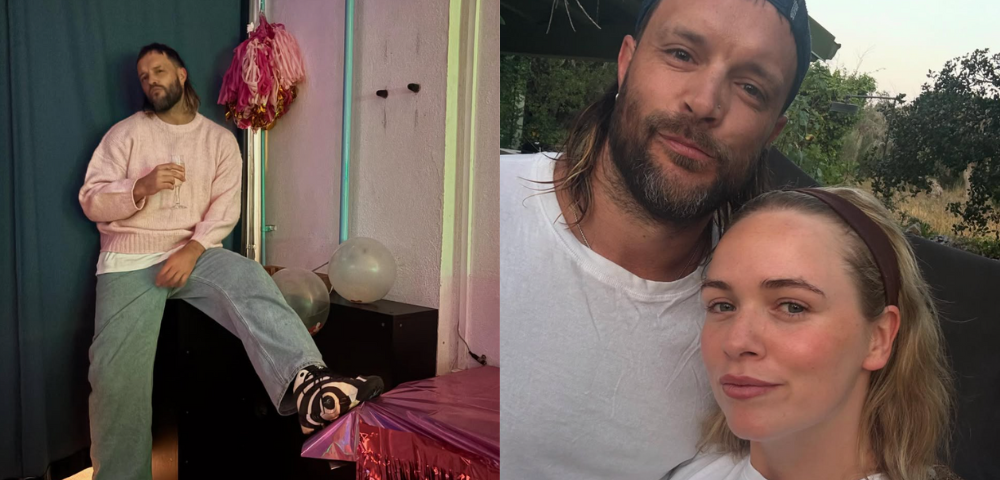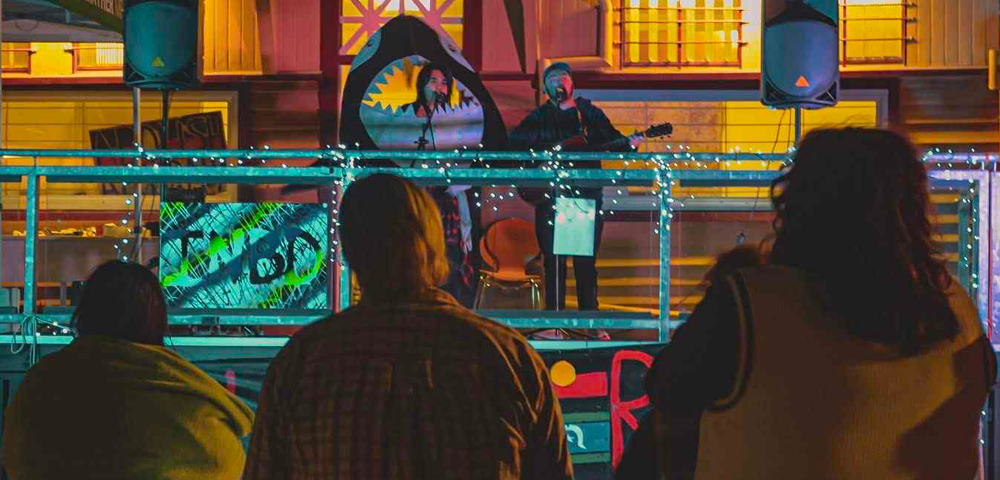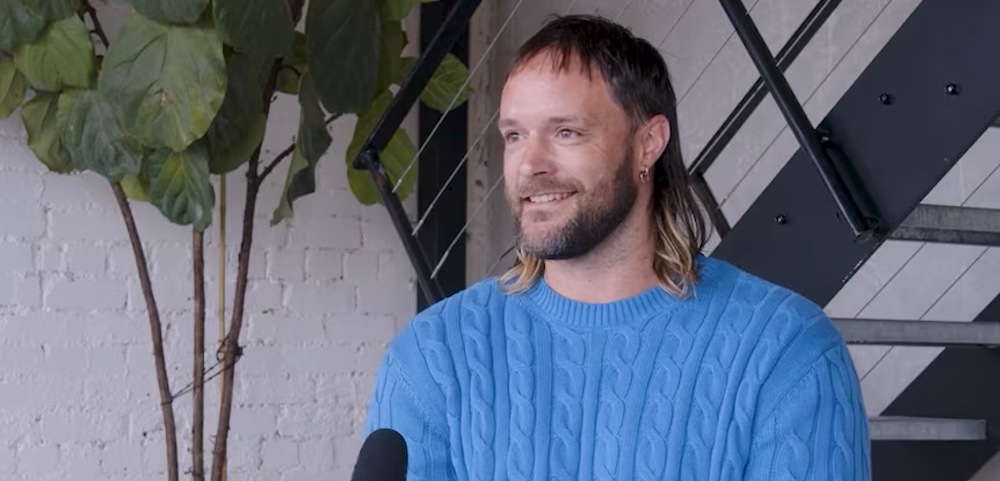
Marriage equality may lead to a rise in same-sex parented families
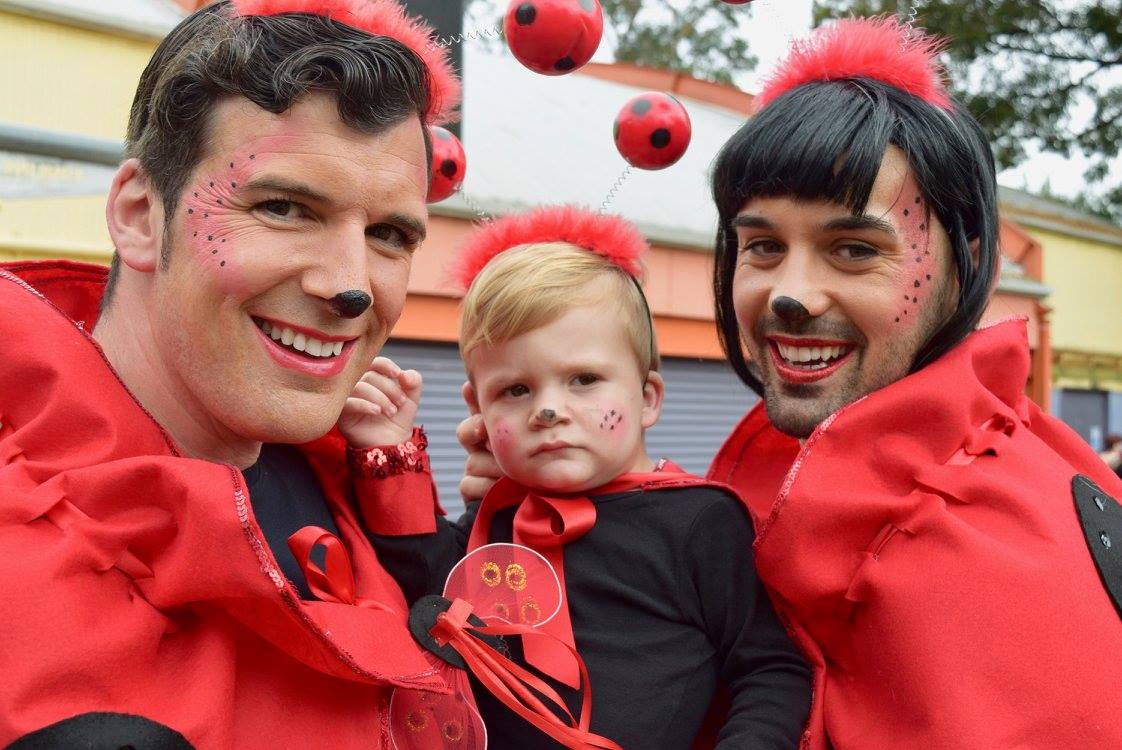
Will gay marriage lead to a rise in same-sex parented families? It’s too early to tell, but certainly gay men are increasingly raising children.
At any Rainbow Families event these days at least half the kids have gay dads – often created via surrogacy.
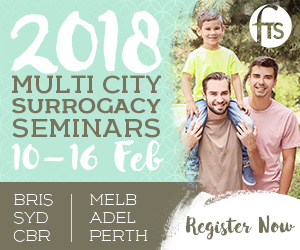 With south-east Asian nations now closed to surrogacy for foreigners, there is more pressure on surrogates in Australia, Canada, and the USA to shoulder higher demand, particularly from gay couples and singles.
With south-east Asian nations now closed to surrogacy for foreigners, there is more pressure on surrogates in Australia, Canada, and the USA to shoulder higher demand, particularly from gay couples and singles.
Ben Warner and his partner Terry Crouch had little idea how to create their longed for family when they attended their first surrogacy conference in Brisbane 18 months ago.
Like every parent via surrogacy, their journey was not without its difficulties, but they embraced the online surrogacy forums and self-matched with Kath, a Geelong-based altruistic surrogate just four months later. They are now proud dads to little Ivy, born on January 3 this year.
Despite an absence of protective laws, Mexico also continues to provide surrogacy services to Australians, as well as newer options in Kenya, Nicaragua, and Guatemala. Though often cheaper on paper, such options are not without their risks
Perth-based Simon Romeo and his partner had a child in Mexico in 2017. For them the process was fairly hassle free, particularly once they came to accept that they would be in Mexico for three months post-birth due to lengthy red-tape requirements.
“We looked on it as a holiday” Romeo admits.
Juan (36) and Christian (38) are a Spanish-born Sydney couple who first engaged in Mexican surrogacy in 2014.
After paying a tens of thousands deposit, they discovered their agency had lied about important questions. Faced with forfeiting their deposit or continuing, they pushed ahead. Nonetheless their trust had dissipated.
Matching with an egg donor from South Africa, they flew her to Mexico. But of the nine eggs she donated, only one resulted in a viable embryo. On transfer to their Mexican surrogate, it failed to ‘take’. Engaging with a second donor produced eight eggs and two healthy embryos. But again, this transfer failed.
Finally, a third Mexican donor produced a whopping 20 eggs. From these Juan and Christian each created five healthy embryos. But it was Christmas 2015 and the laws allowing surrogacy in Mexico’s Tabasco state were about to be reversed. As their agency asked for further payments to secure another surrogate, Juan and Christian’s fears escalated.
So they were relieved when a subsequent embryo transfer took. A baby boy was born – they named him Anxo. Then their Mexican lawyer proved unreliable. They also battled discrimination – warned not to attend the Mexican birth registry as a gay couple.
Their return flights as a new family to Sydney via Los Angeles were stymied when US authorities insisted on a transit visa for their newborn which proved impossible to procure.
Christian was forced to fly home to work alone, while Juan purchased new tickets for himself and Anxo, flying from Mexico direct to Spain, and then on to Sydney – a gruelling 33 hours in the air.
When the family were finally re-united in Sydney, both dads were emotionally and financially spent.
“We lived through hell over there,” Juan admits.
Christian had failed in attempts with his own sperm in Mexico, however they remained hopeful for a second child, with Christian as the biological dad.
They are just three of seven gay dads who will share their journeys across six Australian capital cities between 10 -16 February 2018 at Families Through Surrogacy’s seminar series.
The seminars aim to assist with crucial decisions around countries, agencies, IVF decisions, and surrogate-parent relationships. Full details at www.familiesthrusurrogacy.com/febseminar.





